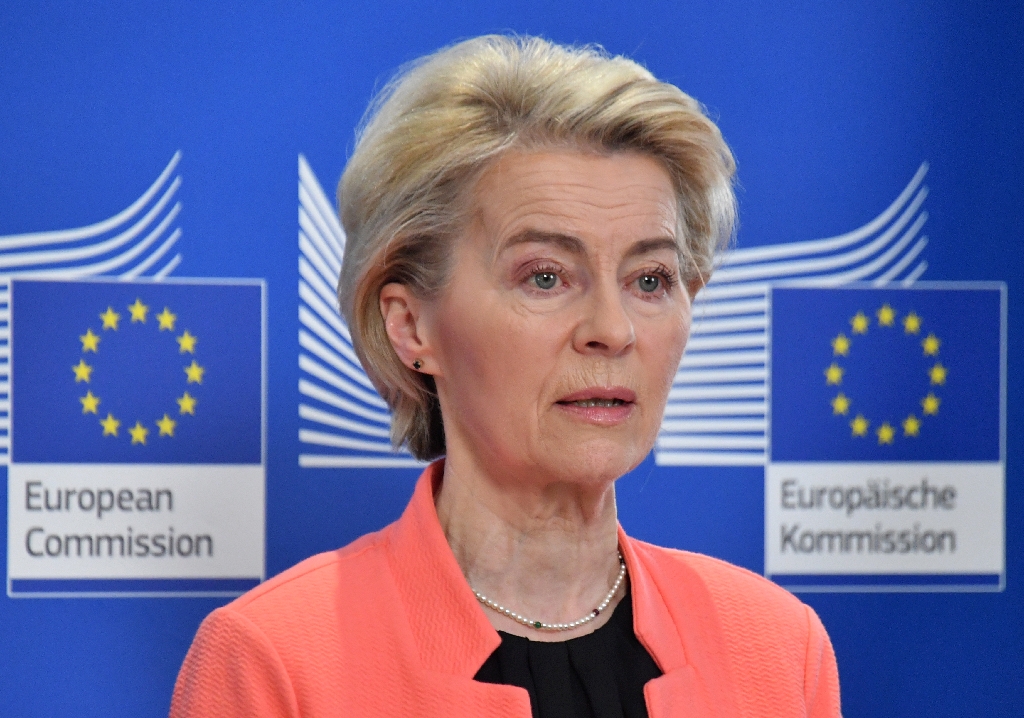Port-au-Prince (AFP) – Disagreements among delegates over who should head Haiti’s transitional council are stalling the body’s official formation, a representative told AFP Monday, while over the weekend one member quit amid death threats.
Overshadowing the Caribbean nation’s ongoing security crisis has been a political one: elections have not been held since 2016, with Prime Minister Ariel Henry heading the country since President Jovenel Moise’s 2021 assassination.
As the security situation deteriorated under Henry’s rule — culminating when armed gangs united to launch attacks and demand his ouster late last month — the prime minister said he would resign once a transitional council was stood up.
But the body, supported by the United Nations and regional bloc CARICOM among others, is still struggling to come into shape two weeks after Henry’s March 11 announcement.
The transitional council — to be composed of seven voting members and two non-voting members — draws from Haitian political parties and the private sector, and is to name an interim prime minister and government to set the stage for fresh elections.
Its formation has dragged on amid arduous negotiations, though its composition changed again over the weekend: Haiti’s ambassador to UNESCO Dominique Dupuy, chosen by one of the political coalitions, said she was stepping aside, citing threats against her and her family as well as misogynistic attacks.
She was the sole woman representative on the council, and was replaced by Smith Augustin, Haiti’s former ambassador to the Dominican Republic.
Currently holding up the official formation of the council is the disagreement over who should lead it, one of the delegates told AFP, speaking anonymously.
Meetings were held through the weekend and on Monday morning, with another one scheduled between delegates and CARICOM Monday afternoon, the same source said.
The meetings did make progress on several points, the delegate said, including on the criteria for becoming president of the council and for choosing the interim prime minister.
Ahead of the CARICOM meeting, a calm held across Port-au-Prince Monday morning, after a weekend of intense exchanges of gunfire in the embattled Haitian capital, which has been under a state of emergency for almost a month.
While people made their way onto the street, however, the absence of government order could still be felt as schools and government offices remained closed.
Gangs are thought to control some 80 percent of the capital and swaths of the countryside.
© 2024 AFP



